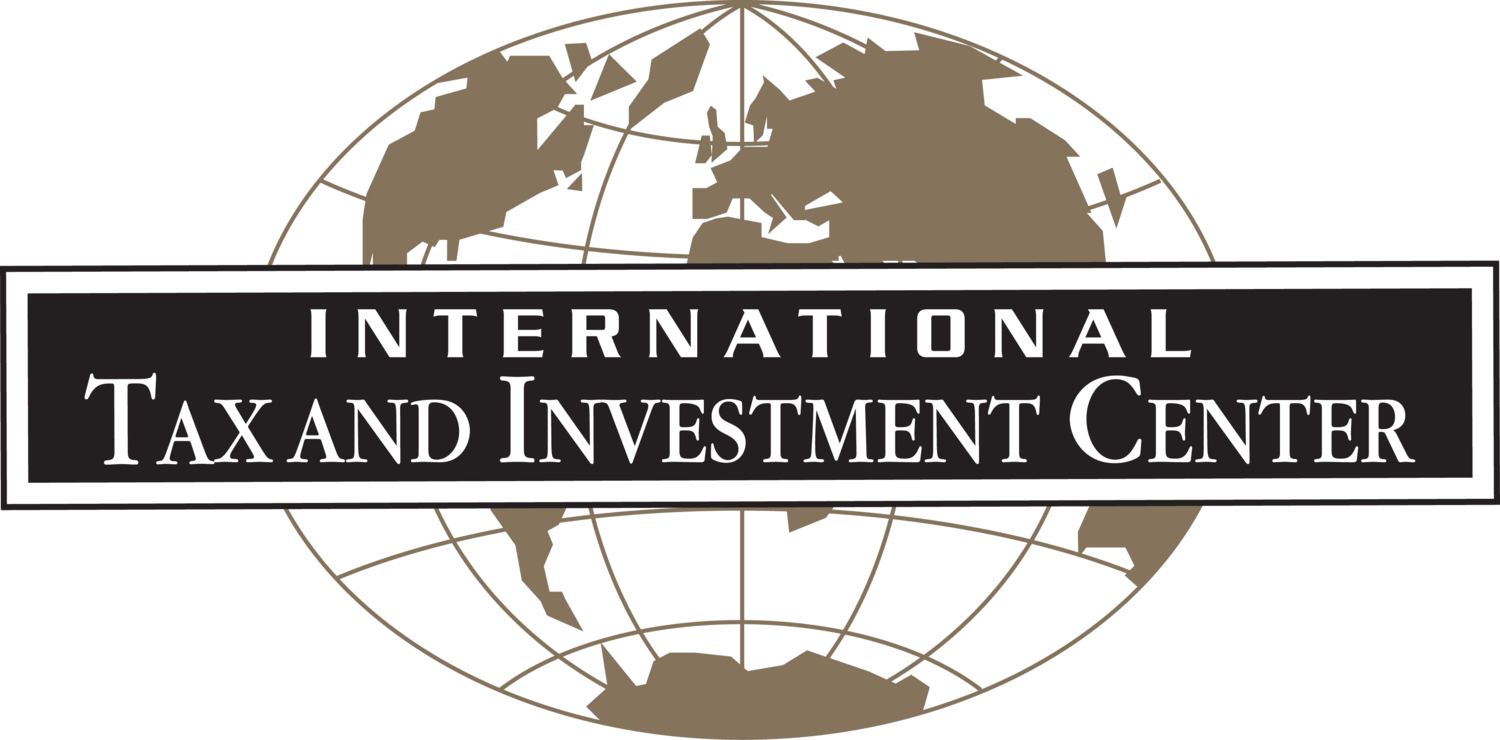The 2017 ITIC study on the development of modern revenue controls on alcoholic beverages concluded that, although there are some advantages to the introduction of these systems, tax stamps and the related checking equipment are a sub-optimal policy choice and should not be considered a stand-alone solution. Instead, the goals of curbing the illicit trade in alcohol and protecting tax revenues require a much wider package of effective monitoring, control, and enforcement measures.
Fiscal markers for hydrocarbon oil products can be very useful in enabling revenue authorities to track the flow of the different products through the supply chain to the retail stage with mobile units carrying out random tests to establish the authentic nature of the product at the retail sales point. These, too, need to be part of a comprehensive anti-illicit trade strategy that should include public awareness and support programmes as well as a national enforcement plan.
The Astana Time recently ran an article reporting on the new system Kazakhstan has launched to track alcohol and oil products: https://astanatimes.com/2018/03/kazakhstan-launches-new-system-to-track-alcohol-oil-product-production-distribution/

